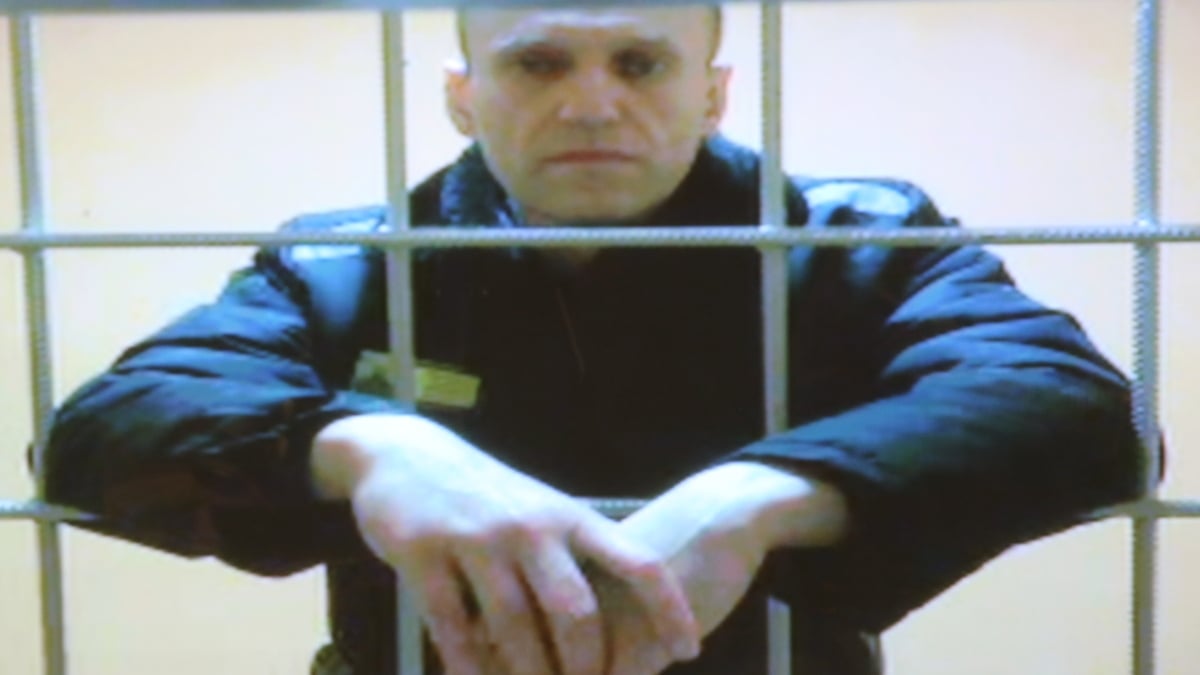The world is reeling from the tragic and alarming news that former Russian opposition leader, Alexei Navalny, perhaps the most notable critic and political rival to Vladimir Putin in recent times, is reported to have died at the age of 49. Although the Russian authorities have announced his passing and have released an official statement on what occurred, his loved ones, supporters, and various international experts have thrown doubt onto the authorities’ version of events.
Navalny had already survived one attempt on his life before news arrived of his death. In August 2020, he was airlifted to a hospital in Siberian city Omsk over suspected poisoning, which was later confirmed to be caused by a Soviet-era Novichok nerve agent. Once he emerged from an artificial coma a month later, Navalny openly accused Putin of trying to assassinate him. By February 2021, he had been sentenced to two and a half years in prison, which was later expanded to a full 30 years on charges of extremism.
The first 19 of those years were to be spent in an Arctic jail under a “special regime.” When the updated sentence was passed in August 2023, it caused many of Navalny’s supporters to fear that he might not escape his excruciating sentence alive. According to the authorities, these fears were warranted, but what is said to have happened to him?
Alexei Navalny’s cause of death — the official statement vs. the speculation

On Feb. 16, 2024, the federal penitentiary service for the remote region — about 40 miles from the Arctic circle — where Navalny was imprisoned announced that he “felt unwell after a walk and almost immediately lost consciousness. All necessary resuscitation measures were carried out but did not yield positive results.” The official statement concluded: “The paramedics confirmed the death of the convict.” According to the Kremlin, Putin has been made aware of the development but has no comment at this time.
In response to the news, Navalny’s wife, Yulia, both questioned the veracity of the announcement and directed the strongest of responses back at the establishment. “I don’t know whether to believe the terrible news,” she said while speaking at the Munich security conference. “But if it is true, then I would like Putin, his staff, his friends, his government to know that they will be punished for what they’ve done with our country, my family and my husband. They will be brought to justice, and that day will come very soon.”
Navalny’s close ally and co-founder of the Anti-Corruption Foundation, Ivan Zhdanov, has similarly not held back in delivering his thoughts. Zhdanov has shared his opinion that he believes it is “highly likely” that Navalny was killed and that a “murder had actually happened.” The ramifications of the reported death of Alexei Navalny, and what exactly transpired inside his jail, will no doubt continue to be felt for a long while to come.

